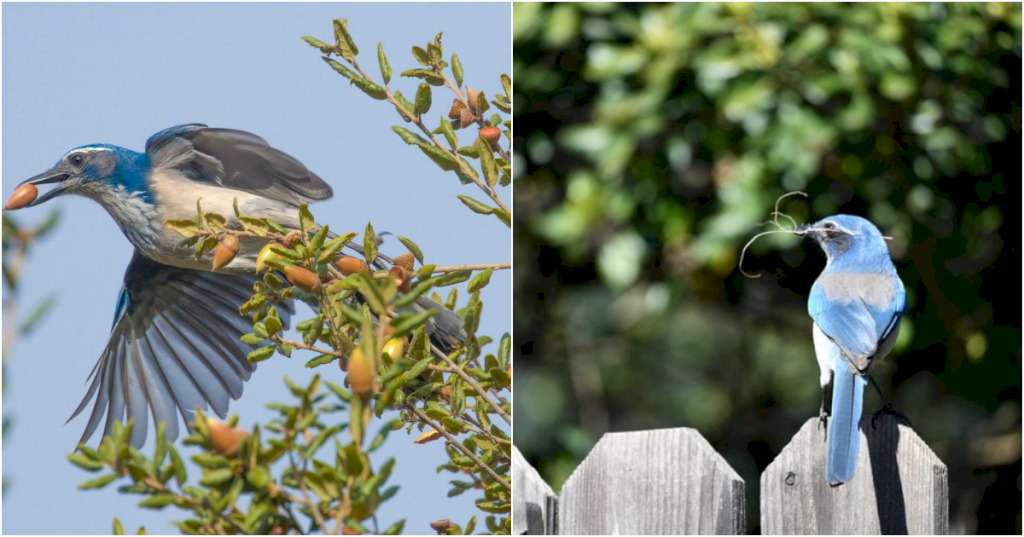Explore the enigmatic Temminck’s Sunbird, a bird of mystery_Lt

In the verdant depths of the forest, a bird emerges, its presence impossible to ignore. Its coat, a vibrant crimson, ignites like a flickering flame amidst the foliage. Yet, what truly distinguishes this avian marvel is its glossy Fu Manchu mustache, a remarkable feature that sets it apart from its counterparts. Ladies and gentlemen, allow us to introduce you to the captivating Temminck’s Sunbird.

Temminck’s Sunbird, scientifically known as Aethopyga temminckii, is a species of sunbird that graces the regions of Borneo, Sumatra, Malaysia, and southwest Thailand. The male of this species boasts an arresting appearance, easily spotted with his dazzling crimson breast and upper plumage. Adorning his head are two lateral stripes, merging into a central patch on the nape, creating a striking resemblance to a Fu Manchu mustache. These malar stripes, tinted in a dark blueish purple hue, are a testament to the bird’s allure and uniqueness.

The male Temminck’s Sunbird showcases a resplendent palette, with scarlet wings that flaunt dark brown flight feathers edged in olive. A yellow rump, transitioning to brown and adorned with a prominent purple patch on the lower part, adds to his captivating display. His flanks are predominantly white, evolving into pale yellow or olive-green hues on the belly. A long scarlet tail enhances his regal appearance, while his black eyes, down-curved bill, and blackish-brown legs add a touch of elegant contrast.
In contrast, the female Temminck’s Sunbird possesses a more subdued coloration, reflecting shades of gray with delicate hints of pale yellow and green. Her vent and under tail-coverts radiate a soft yellow glow, while her wings and rectrices are gently fringed in red, echoing the fiery hues of her male counterpart.

The breeding season of Temminck’s Sunbird spans from February to August, a time of heightened activity and the construction of remarkable nests. These intricate creations, shaped like eggs and suspended from twigs, showcase the birds’ dexterity and craftsmanship. Utilizing dry grass and fibers, they meticulously weave their nests, incorporating an entrance hole and a small porch near the top. Within this sanctuary, up to three eggs are laid, hatching after an incubation period of approximately 13 to 15 days. Both parents diligently tend to their offspring, providing nourishment and care for a duration of 14 to 19 days until the chicks are fully fledged.

In their natural habitat across Southeast Asia, Temminck’s Sunbirds find solace within broadleaved evergreen forests, occasionally venturing into secondary growth or montane forests. These exquisite creatures are often spotted amidst flowering trees and bushes, with a particular affinity for mistletoe. Their diet consists of a diverse range of nectars, supplemented by the occasional consumption of small arthropods, showcasing their adaptability and versatility.


-1686050444x1024.png)
